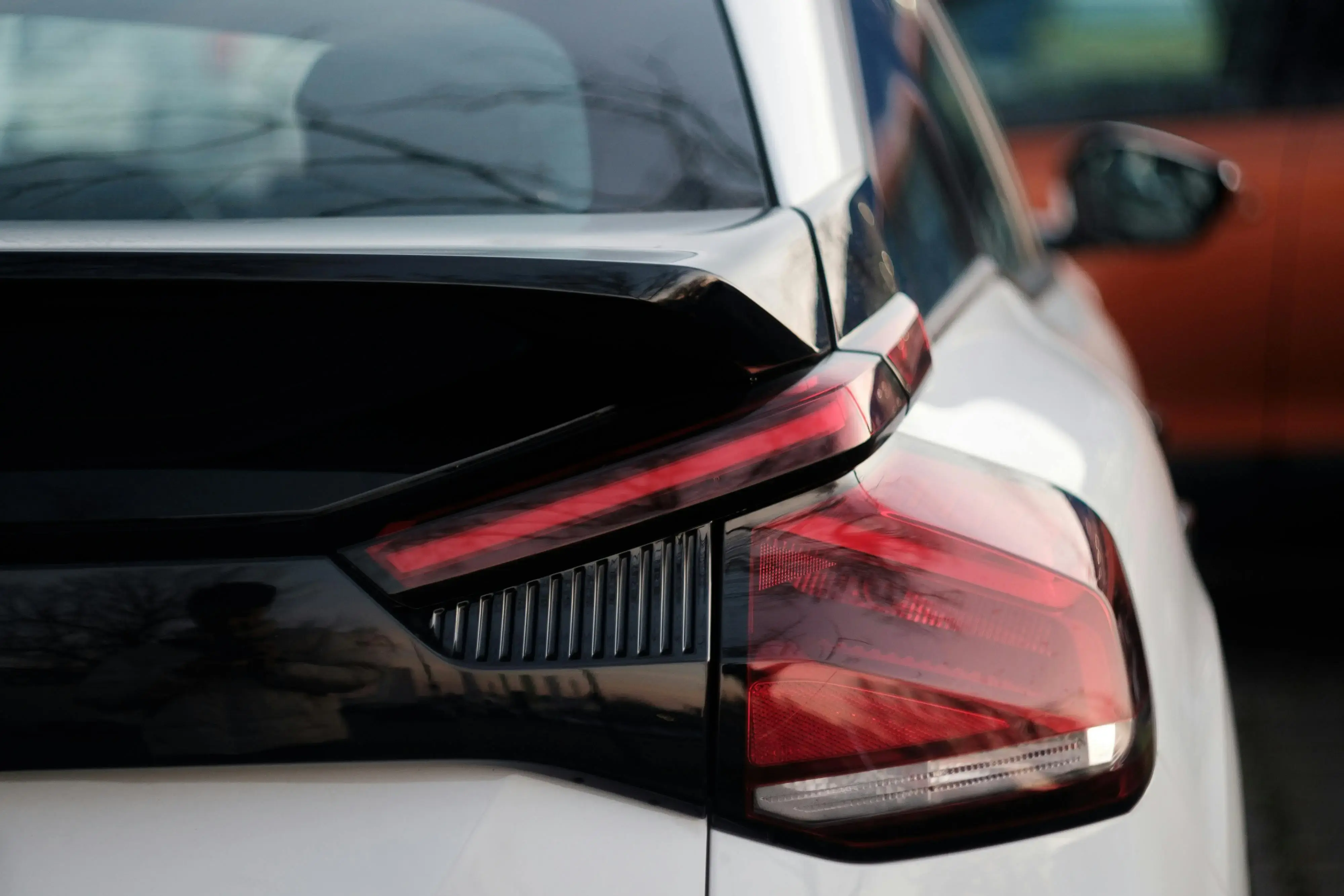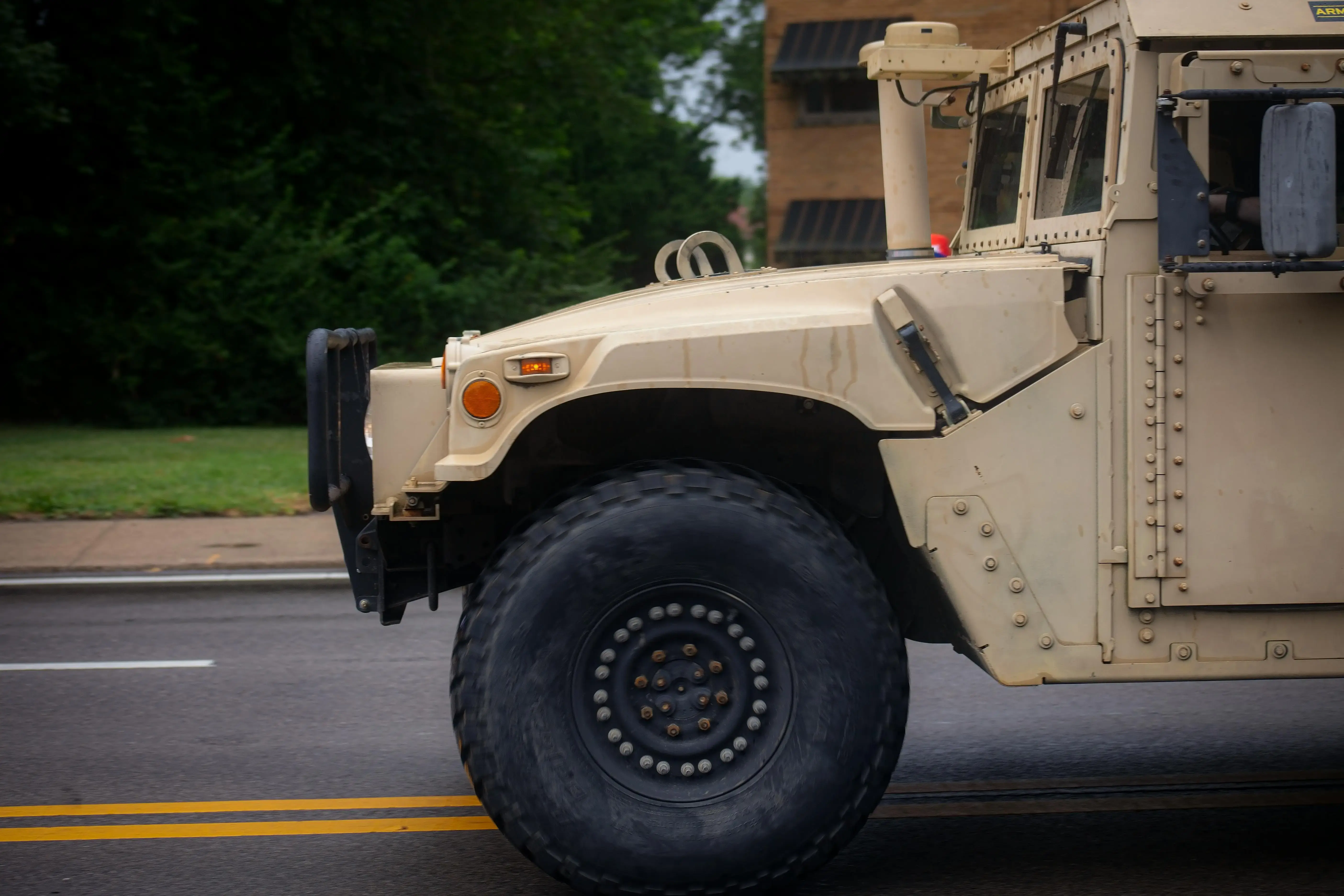How To Choose A Reliable International Car Shipper In 2025
Moving a vehicle across oceans is not the same as booking a domestic car hauler. Customs documentation, port handling, biosecurity rules, and long transit times make international car shipping a specialized craft. Choosing the wrong provider can add weeks of delay, thousands in hidden fees, or even damage to a prized classic.
1. Verify Core Credentials First
Look for Proper Licensing
-
FMC OTI Number: Any U.S. ocean freight forwarder must hold an active Federal Maritime Commission (FMC) license. Ask for the Ocean Transportation Intermediary (OTI) number and confirm it on the FMC site.
-
Bond Coverage: Licensed forwarders must maintain a surety bond; verify the amount is sufficient for your cargo value.
Confirm Port Access and Facilities
A reliable shipper controls or partners with secure facilities near major ports. West Coast Shipping operates company-owned yards in California, Florida, and New Jersey—read how that shortens timelines in our article on the Auction to Your Door workflow.
2. Demand Transparent All-Inclusive Quotes
What a Real Quote Includes
-
Inland pickup (if requested)
-
Port and terminal charges
-
Ocean freight (RoRo or container)
-
Customs documentation fees
-
Destination port handling
-
Final delivery options
If any of these line items show "TBD," the price will likely balloon. Our instant shipping calculator produces a full door-to-door estimate in seconds—no fine-print surcharges later.
Watch for Hidden Extras
-
"Security fee" or "administration fee" tacked on after loading
-
Fuel or currency surcharges not capped in advance
-
Unspecified "terminal handling" left open-ended
3. Evaluate Documentation Expertise
Key Paperwork Your Shipper Should Master
| Document | Why It Matters |
|---|---|
| Bill of Lading | Legal title to the vehicle during transit |
| HS-7 & EPA 3520-1 | Compliance with U.S. safety and emissions rules |
| Automated Export System (AES) Filing | Avoids hefty fines for missing ITN numbers |
| Cleanliness Certificate | Speeds biosecurity clearance abroad |
4. Inspect Physical Handling Standards
Loading Techniques Matter
-
Soft-strap tie-downs protect wheels better than metal chains.
-
Custom ramps and low-angle lifts prevent splitter damage on exotics.
-
Photo documentation at loading and unloading proves condition.
5. Confirm Real-Time Communication Tools
A modern shipper should offer:
-
Online tracking portal with GPS vessel data and milestone photos
-
Automated status emails at pickup, loading, sailing, arrival, and customs release
-
Direct line to a dedicated agent, not a generic call center
Our online portal stores every document, photo, and ETA in one dashboard.
6. Check References and Case Studies
Client Success Stories
Review examples of complex moves, such as:
-
Multiple Pebble Beach classics shipped to Europe amid port congestion
-
JDM imports navigated through pandemic-era container shortages
-
Electric vehicles routed around Red Sea disruptions
7. Assess Crisis Readiness
Pandemics, canal blockages, and trade-war tariffs can upend logistics overnight. Recent disruptions show how contingency plans save time and money.
Questions to Ask Any Shipper
-
How did you reroute during the 2024 Red Sea crisis?
-
What's your plan if a strike hits the Port of Oakland?
-
Can you shift my container to the Gulf Coast if Newark congests?
If answers are vague, keep shopping.
8. Evaluate Value-Added Services
-
On-base pickups for military members.
-
Crating for motorcycles and ATVs.
-
Auction-house coordination for winning bids—critical during Monterey and Scottsdale sales
A reliable shipper offers more than ocean freight; they handle the entire logistics chain.
Quick Reference: Red Flags vs. Green Lights
| Indicator | Red Flag | Green Light |
|---|---|---|
| FMC License | "Pending" or undisclosed | Active OTI number |
| Quote Transparency | Lump-sum, vague fees | Itemized door-to-door |
| Documentation | Outsourced to "partners" | In-house compliance team |
| Tracking | Manual email updates | Live portal with photos |
| Crisis Plan | "We'll deal with it" | Proven reroute history |
| Client Reviews | Generic testimonials | Specific references, case studies |
Frequently Asked Questions
How far in advance should I book?
Secure space 6-8 weeks before your desired sailing, especially during spring and fall auction seasons.
Should I choose RoRo or container?
Running daily drivers often ship RoRo; high-value or non-running cars go container. Our shipping calculator compares both modes instantly.
Can I load spare parts with my car?
Yes, if they're declared and secured. Shared containers outlined in the bulk guide show how to pack parts legally.
What about classic cars under the 25% Chicken Tax?
Trucks still face the duty. Read our Chicken Tax primer for strategies.
Choose Confidence—Choose West Coast Shipping
When your vehicle is worth real money—or simply priceless to you—selecting the cheapest quote isn't enough. You need licensing, transparency, flawless documentation, crisis-tested routing, and photo-verified handling. That's exactly what West Coast Shipping delivers every day.
Get Your Reliable Shipping Quote Now
Click the button below for an all-inclusive, door-to-door rate and let West Coast Shipping handle every mile, form, and port stop from seller's gate to your driveway.
You May Also Like
These Related Stories

How To Use Our Car Shipping Cost Calculator For International Shipping

What Happens After You Find A Car On A German Import Website?

-093789-edited.png?width=220&height=79&name=wcs_final_logo_(1)-093789-edited.png)
